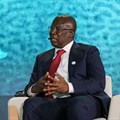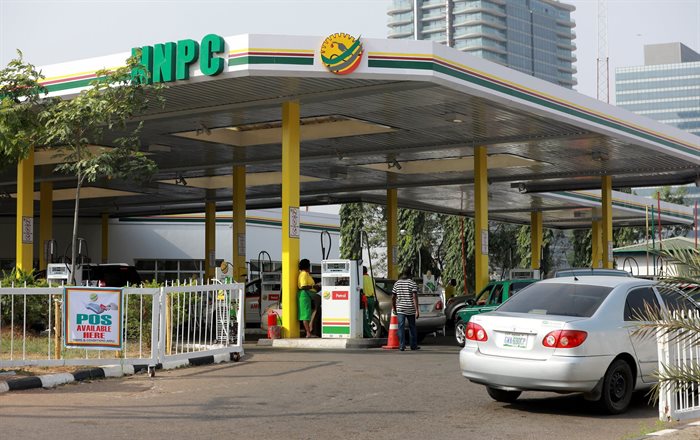
Nigeria spent $3bn on petrol subsidies in first five months of 2022 - NNPC
Nigeria spent $3bn on fuel subsidies in the first five months of this year, a document sent by state oil firm NNPC to the government on oil and gas revenue distribution showed on Thursday, 30 July.

Cars queue to buy petrol at the NNPC Mega petrol station in Abuja, Nigeria. Reuters/Afolabi Sotunde
Nigeria exports crude oil and imports refined petrol, suffering intermittent fuel shortages. The subsidy has seen the country raise its deficit forecast twice this year and increased borrowings to cover the cost.
Petrol prices in Nigeria are among the lowest in the world as the government pays to keep pump prices fixed despite rising global oil prices.
The NNPC document showed that the corporation has not remitted any revenue from its oil and gas activities to the Nigerian government between January and May this year.
Plan to abolish the subsidy scrapped
A plan to abolish the subsidy was scrapped until after national elections in February 2023 and $9.6bn was added to planned spending to cover it, putting pressure on the budget.
Nigeria faces double-digit inflation and low growth amid a shrinking labour market and mounting insecurity.
Finance minister Zainab Ahmed said last month that the country was barely able to cover the cost of imported petrol from its oil and gas revenue.
About the author
Reporting by Camillus Eboh. Writing by Chijioke Ohuocha.